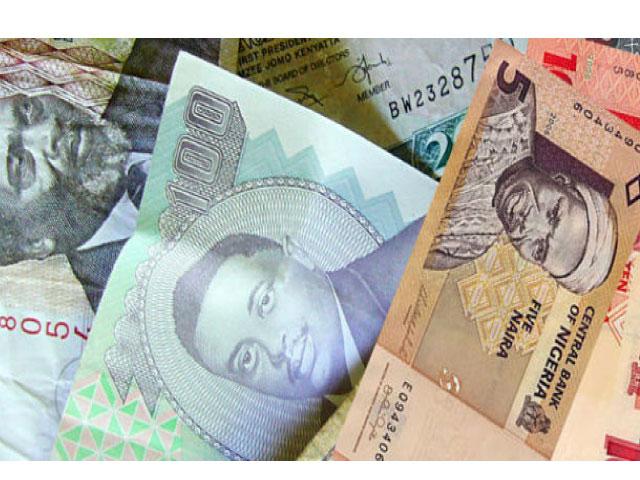The idea of a common means of exchange across the African continent is one that has for a decade or more, gained increased attention.
That a businessman in Lagos – Nigeria, or an international student from Cape Town – South Africa can travel to any part of this vast African land without the need to look for a forex bureau
Could this be that one project that Africa shall move beyond the pages of books on pan-Africanism or keynote addresses at economic conferences? One where actual projects geared towards the realisation of the goal are rolling?
Pragmatic Initiatives; a regional monetary unions, free trade agreements and major economic development collaborations such as the New Partnership for Africa Development (NEPAD) are testimonies of progress in that direction.
In realising the single currency plan/single monetary zone, the 1991 Abuja Treaty outlines six stages. Strengthening regional cooperation, inter-African integration, and at the concluding stage – the establishment of the African Central Bank are key parts of the outlined benchmarks.
However, many remain sceptical about what prospects an African Monetary zone could offer. Arguing that single currency does not relieve leaderships of various countries the responsibility of investing in their own states.
For every country, there should be continued efforts to improve the educational sector, empower entrepreneurs, provide SMEs with tax breaks to enhance job creation and to stimulate economic growth, with the aim of improving the socio/economic well-being of the African.
Others further claim a single currency, cannot eliminate the entrenched corruption in Africa’s governance structures, or change the motives of a President, Regional Minister or State Governor who doesn’t find investment in research and technology a priority. In effect a lot could impede the progress towards achieving this African objective.
While those scepticisms may bear some truth, it is worthy to consider potential benefits of an African Monetary Zone or Single Currency.
First, the arrangement would completely eliminate an individual or a firm’s cost of converting currencies in the course of its business activities across the continent.
There is also the price transparency issue associated with comparing the value of one currency with another under prevailing market conditions.
More so, is the removal of the exchange rate uncertainty factor. Under the single currency, anyone doing business within the continent need not worry about the fluctuations or volatility of the money market. Yes, inflation would always be factored in but at a comparatively minimized scale.
Finally, on a series of benefit; an African Monetary Zone could potentially boost investments between African countries: a venture capitalist in Lomé – Togo could invest in a start-up at Mombasa – Kenya without having to worry about differences in currency or the investment value.
The gap would probably grow wider between authorities for and against the initiative. Stronger arguments would emerge over the impact on national economic policies, anticipated hefty transition cost that accompanies the scrapping of present currencies, etc.
There is no doubt however that an African Monetary Zone would be a leap for the continent’s economic presence and leadership in world affairs.
Â





